News & views.
A collection of stories about data, public opinion and politics and news about our firm.

The Taxing Presidency of Donald Trump
It’s notable that a majority of Americans now oppose Donald Trump’s tariffs. These weren’t advertised as taxes, but Americans quickly came to learn they function as such, thanks to economists, news outlets such, Democratic messaging and the bond market’s Newtonian reaction to Liberation Day. The takeaway was clear: Americans may not follow trade policy, but they understand a tax.

Our most basic needs
American psychologist Abraham Maslow saw humans’ needs arranged like a pyramid, from basic survival at the base—food, safety, and stability—to higher-order aspirations like respect and freedom. Trump’s campaign capitalized on voters’ immediate, existential concerns at the hierarchy’s foundation: economic security, personal safety, and jobs.

Storytelling wins elections
Successful campaigns define clear, emotionally resonant narratives. For Republicans, cultural grievance and preserving the status quo were central themes. These narratives tapped into fear and frustration with societal and economic change.

A promising voter registration effort in Texas
With a five-figure investment focused on seven initial campuses, Cornerstone is on track to register more than 5,000 new voters by the state’s October 7 deadline. When you consider Texas has more than 250 institutions of higher ed, Cornerstone’s potential for impact is clear.
It’s all about turnout now
David wrote a pair of articles early this summer on the factors likely to shape the presidential election and how polling fits into the broader discourse. While the landscape has shifted in seismic ways since we published, the core message remains vital: polling and turnout are two separate things, and turnout is the biggest unknown at this point.




Underestimating Joe Biden
Underestimating President Biden is one of the most important features of American politics today. You cannot understand his presidency or the 2024 campaign without accounting for it.

Polling's Dramatic Evolution
A new Pew Research Center study shows a strikingly fast-paced evolution in how public opinion research is conducted.
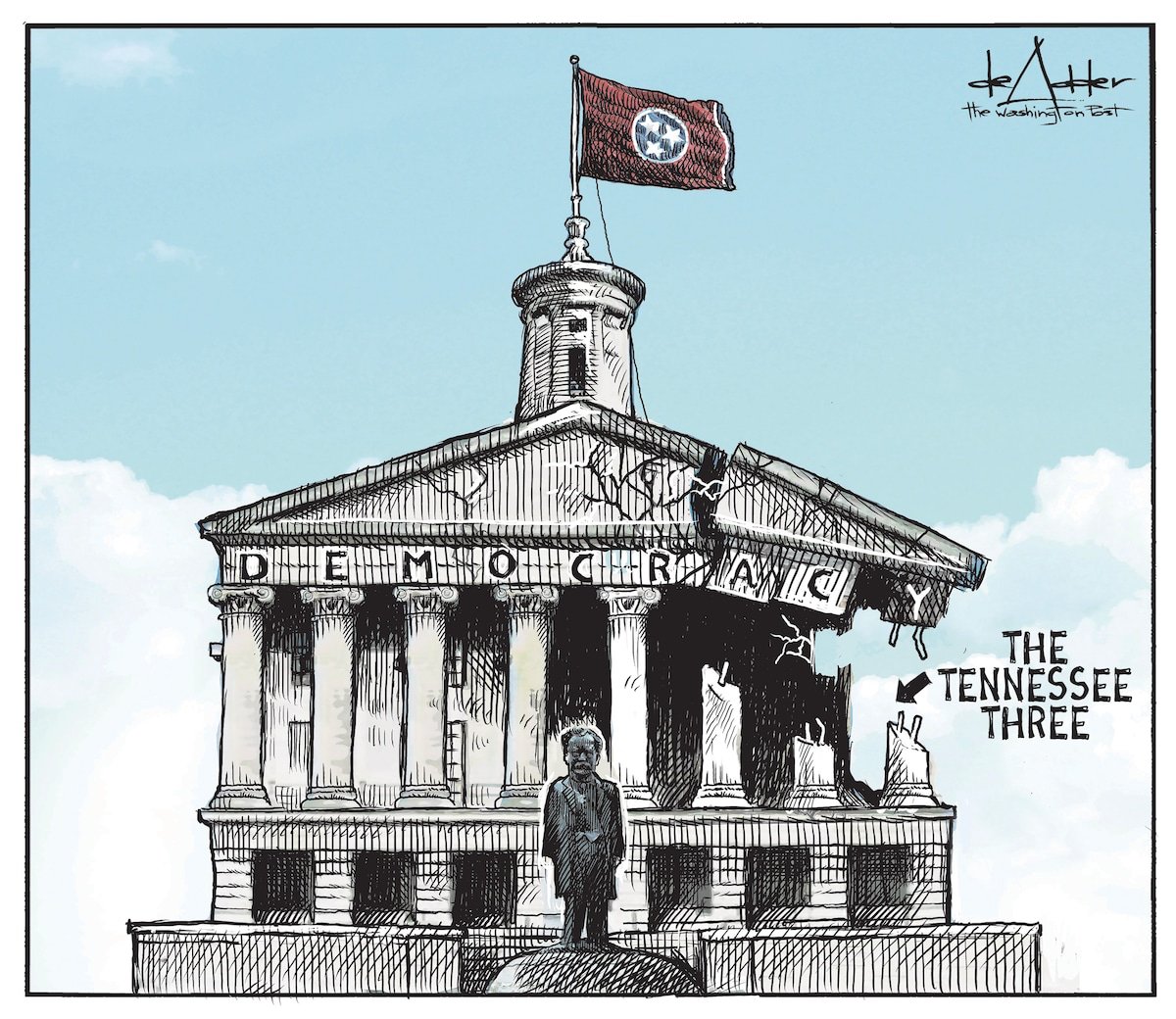

The Why of the Midterms — and What's to Come
We wrote last summer that while Roe v. Wade might not have been settled law, it was indeed settled public opinion, with decades of broad and stable support. Admittedly, we took a wait-and-see attitude on the impact of the Dobbs decision on the midterms, but as devotees of behavioral economists Daniel Kahneman and Amos Tversky, we should have known better.

The Election Prediction Fallacy
We are seeing the McNamara Fallacy at work in the media-based election prediction industry, presently focused on the midterms. A basic problem is that opinion polls are not designed to predict things, they are designed to give a snapshot of opinion at a moment in time. A larger problem involves the many difficult-to-measure variables shaping today's political context, from a society-altering global pandemic to a seismic partisan realignment reshaping both political parties. Old models for understanding politics, like the paramount importance of presidential approval on midterm outcomes, may not hold. The bottom line is this: we do not know what is going to happen, and we have to get comfortable with uncertainty.

Progressive DAs and a San Francisco Misread
The ever-incisive reporter and political strategist Gil Duran points out that Boudin was a scapegoat for a complex set of problems cities across the country are confronting. His recall reflects San Franciscans' anger over homelessness, mental illness and visible poverty – but not their opposition to justice system reform.
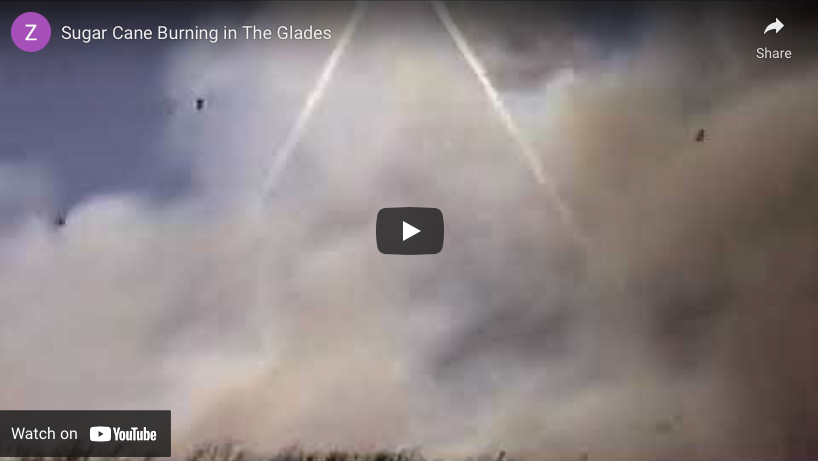
A Rare Opportunity for Bipartisan Action
We're proud to help lead a growing, bipartisan campaign to reform the industry in the interest of public health, the environment and job creation. Reach out if you're interested in learning about the strange bedfellows strategy at the heart of the effort.
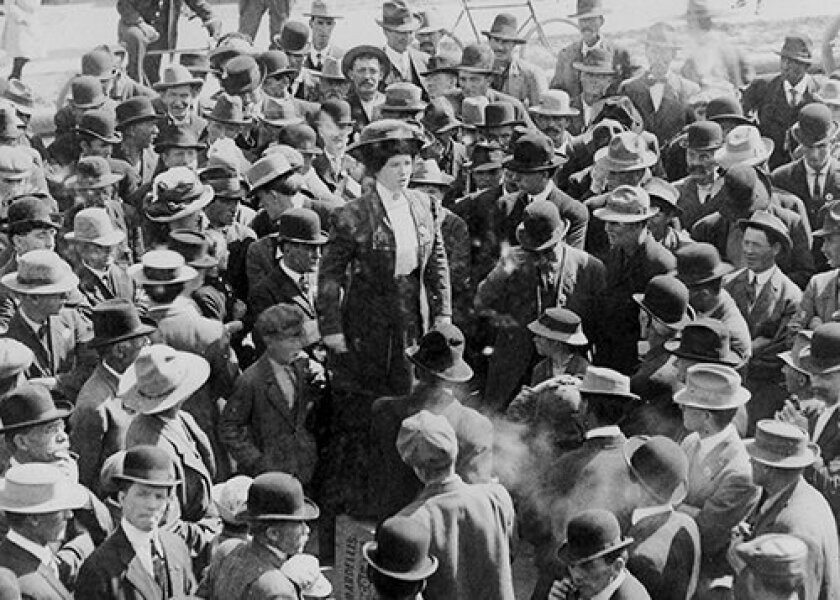
Communicating in a Time Like No Other
We’ve compiled a checklist of questions for engaging the public in our present, chaotic era.

An Antidote to Misinformation
One insidious aspect of misinformation is that it makes it harder for society to deal with already-tough problems.

Political Overreach and the Virginia Governor's Race
Overreach. A phenomenon so predictable it should be considered a physical law of politics. What causes it? One common factor is misreading election results.
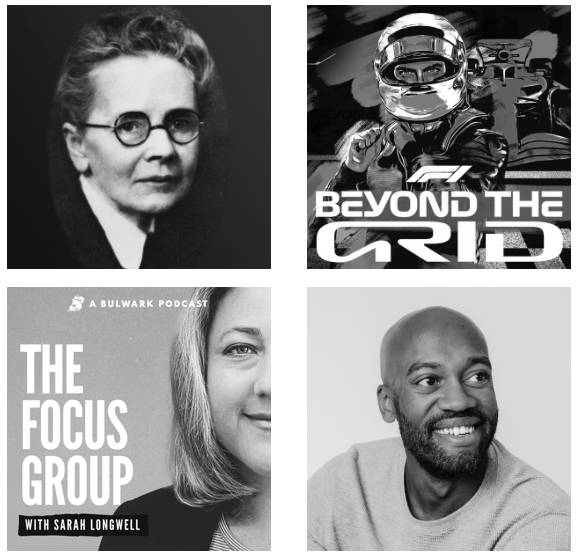
Our Latest Favorite Podcasts
Podcasting's golden age has continued through the pandemic. Seventy-eight percent of Americans are familiar with podcasting – up from 22 percent in 2006 – and more than 40 percent of Americans report having listened to a podcast in the past month.
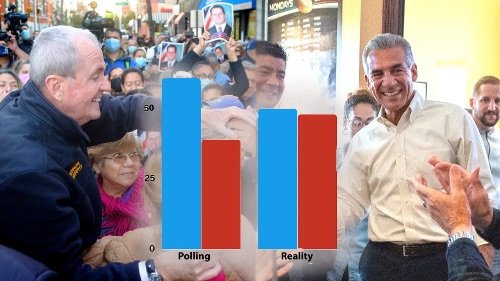
New Jersey pollster: Maybe it's time to get rid of election polls
As a firm that puts research at the center of everything we do, we have occasionally surprised clients and friends by arguing for an end to public horse race polling.
